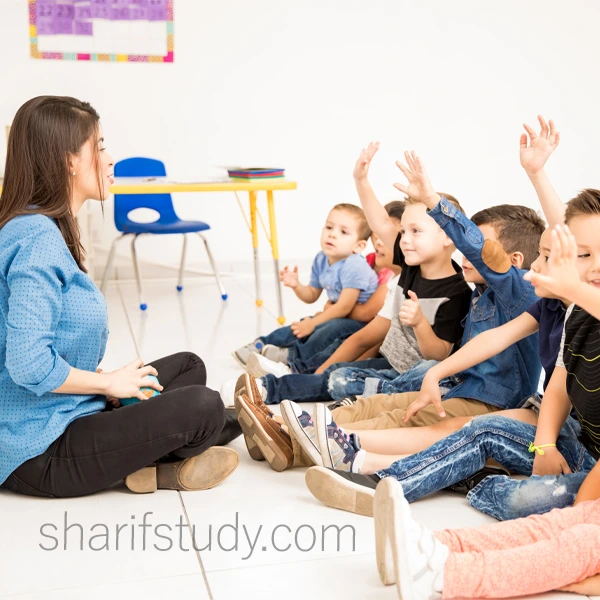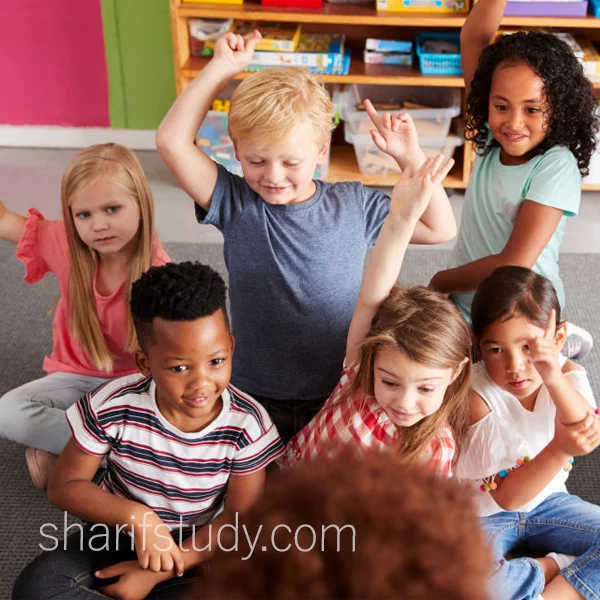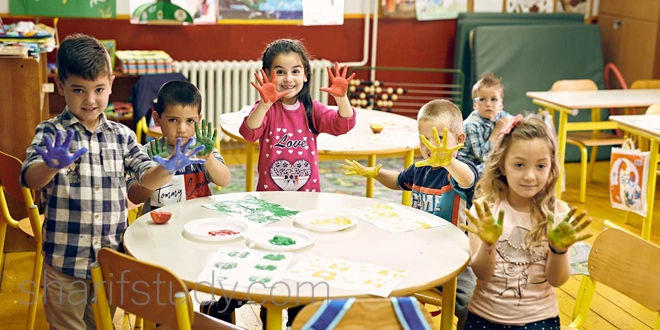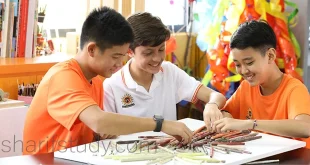The learning process begins in kindergarten, and for some students, it may be their first experience in a formal educational setting.
Sunway is grateful for the trust you have placed in us to care for your kid or children, as well as for the responsibility of instilling in them fundamental morals, broad perspectives, and useful abilities.
Learning will organically take place in the FDK program as children engage in discovery, play, and inquiry activities that are supervised by skilled teachers in the classroom.
The youngest students will enroll in the Canadian (Ontario) Full-Day Kindergarten (FDK) Program in kindergarten, which adheres to the Canadian & IB philosophies and uses a student-centered framework.
For kindergarten specifically, learning will be built on four “frames”: belonging, contributing and well-being, demonstrating literacy and math behaviors, and problem solving and innovation.
At this point in your children’s life, teachers and educational assistants will be some of the most significant figures. As the school’s principal, I take the duty of staffing each classroom extremely seriously.
To ensure that the Canadian (Ontario) educational system’s rigorous instructional standards are met, teachers should have the necessary training and experience. The capacity to teach the curriculum and support your child’s learning in accordance with the requirements of the school; to be the best teacher they are able to be.
Canadian Ontario Kindergarten (Ages 4 to 6)

In Kindergarten at SIS, youngest students are introduced to the Canadian (Ontario) Full-Day Kindergarten (FDK) Program. This program aligns with the Canadian & IB methodologies they implement across all educational stages at SIS. For the kindergarten level, the curriculum revolves around four core “frames”: Belonging, Contributing and Well-Being, Showcasing Literacy and Math Skills, and Problem Solving and Innovation.
Play-Based Learning
Children are all different and naturally curious. Teachers in SIS are aware of this and take it into consideration while organizing lessons.
Children experiment with a variety of materials, such as natural things, building blocks, paint, and more, to learn how to handle and manipulate diverse objects. This allows them to develop their kinesthetic sense as they learn via play.
Children experience trial and error via hands-on learning under the supervision of educators in a supervised, safe environment. Why is one of a child’s first questions, which demonstrates their amazement, awe, and curiosity as they explore the world. They accept this as an inquiring posture, so we don’t dismiss it.
Assessment and Reporting
More than simply facts and information are covered in education. Learning is about growing at this crucial age, and educators at SIS will evaluate kids on their growth and development, especially vital skills, interests, and knowledge. Families are informed about each of these through reports.
In a year, there are three reports for kindergarten:
- A report detailing the initial observations is the first.
- Communication of Learning Reports are the second and third reports.
These reports aid in parents’ and guardians’ comprehension of the child’s development during the course of the academic year. It is done to make sure that learning follows the four frames. Next steps to support your child’s learning at home and at school may be included in the reports.
Kindergarten Development Focus
Belonging and Contributing

Children acquire communication skills and interpersonal ties. They develop a sense of interconnectedness with others around them, their community, and the world at large at this time. They will learn how to contribute to their families and the connections in the classroom as well as establish a sense of belonging.
Self-Regulation and Well-Being
In order to respect themselves and others, children learn to understand their emotions and encourage both personal and social well-being.
They will be better able to empathize, adapt to new circumstances, and comprehend how much control they actually have over their thoughts and feelings.
Demonstrating Literacy and Mathematics Behaviors
Children will develop better communication, vocabulary, critical thinking, and information processing skills through play-based learning.
They would be able to improve their mathematical reasoning and thinking by being able to handle different kinds of information, which would help them lay a solid academic foundation.
Problem Solving and Innovating
Children can develop their abilities to innovate, think creatively, critically, and analytically by learning through play, exploration, and inquiry. These crucial abilities will prepare children for success and foster their learning and working habits.
Kindergarten Subjects
SIS offers a Kindergarten Program tailored for children aged between 4 and 5 years. Emphasizing play-based learning, their full-day curriculum lays a robust groundwork in reading, writing, spelling, speech, mathematics, and interpersonal skills through engaging and enjoyable methods. Beyond the primary subjects, they also teach students additional languages like Mandarin and Malay. Moreover, their kindergarten syllabus incorporates physical education, music, and art as follows:
- Languages – reading, writing, oral communication, media literacy (English, Malay, Mandarin)
- Mathematics
- Science & Technology
- Social Studies (History, Geography)
- Health & Physical Education
- The Arts (Music, Visual Arts)
 SharifStudy Best way to Study in Malaysia
SharifStudy Best way to Study in Malaysia




